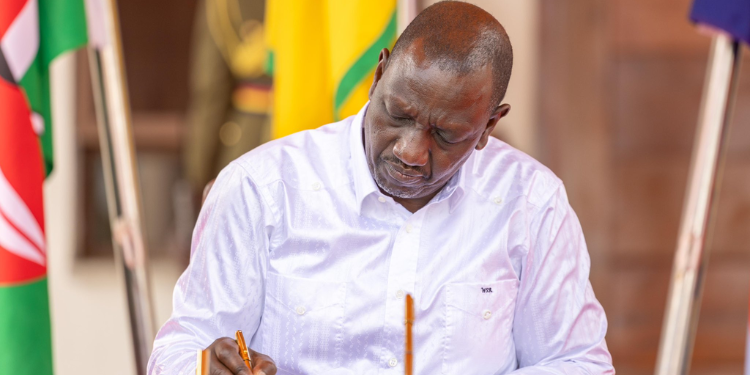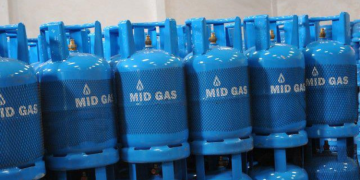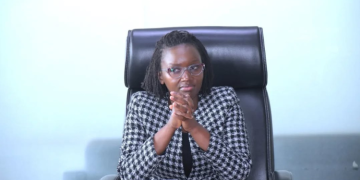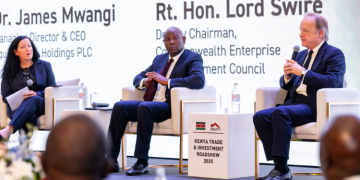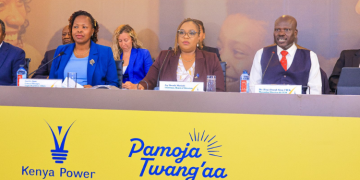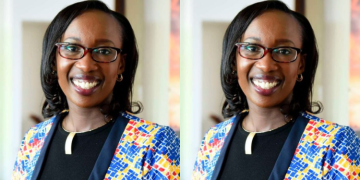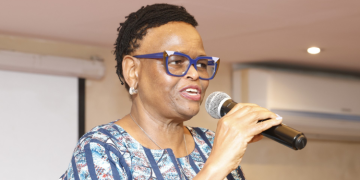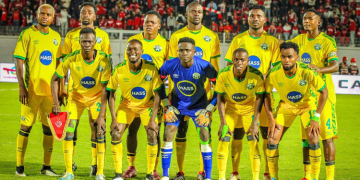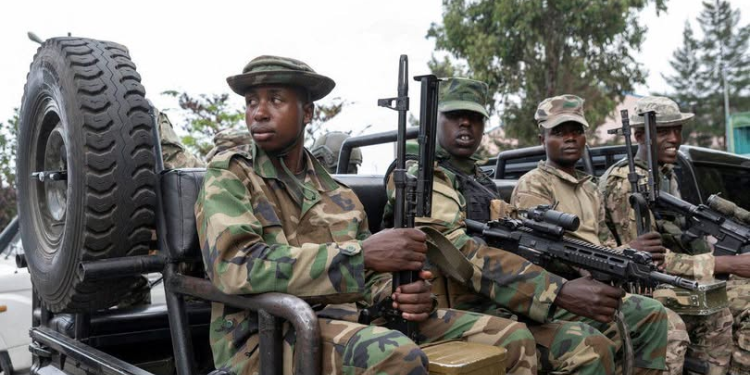The formation of the M23 rebel group, which has been fighting the Democratic Republic of Congo government (DRC), can be traced back to a peace deal signed in 2009.
On March 23, 2009, the DRC government signed a peace agreement with the National Congress for the Defence of the People (CNDP), a rebel group formed to protect the Congolese Tutsi (Banyamulenge) and other communities in eastern Congo from attacks by the Democratic Forces for the Liberation of Rwanda (FDLR).
The FDLR is a militia primarily composed of Rwandan Hutu fighters, some of whom were involved in the 1994 genocide in Rwanda.
The CNDP, led by Laurent Nkunda, was founded in 2006 and challenged the authority of President Joseph Kabila’s government in Kinshasa. The group fought against Kabila’s government because he failed to protect Tutsis from the FDLR, broke earlier peace deals, marginalized eastern DRC, and ignored security and political grievances.
How M23 Was Formed
Before the March 23, 2009, peace agreement, the CNDP rebels, under Nkunda (later Bosco Ntaganda), had seized control of significant areas in North Kivu Province in eastern DRC.
Negotiations between the DRC government and the CNDP were driven by regional pressure, a growing humanitarian crisis, and the arrest of Laurent Nkunda in January 2009 after a UN report linked Rwanda to the rebels.
Key provisions of the peace agreement included:
- Integration of CNDP fighters into the Congolese national army (FARDC).
- Recognition of the CNDP as a legitimate political party.
- Granting positions to CNDP leaders in the military and local administration.
- The restoration of good relations between the DRC and Rwanda, which involved the exchange of ambassadors.
- A joint effort by Rwanda and the DRC to fight against the FDLR.
Also Read: Today in History: When Liberia President Was Brutally Killed in His Presidential Mansion
The peace process was mediated by Olusegun Obasanjo, the United Nations Special Envoy for the Great Lakes, and Benjamin William Mkapa, representing the African Union and the International Conference on the Great Lakes Region. Rwanda’s President Paul Kagame also played a significant role, as the deal involved Rwanda’s cooperation to arrest Nkunda and facilitate CNDP’s integration into the Congolese army.
However, the peace agreement was short-lived. Although many CNDP fighters joined the Congolese army (FARDC) as required by the agreement, other issues arose soon.
About 600 CNDP fighters refused to fully integrate, accusing the government of failing to uphold the agreement. Their main grievances included:
- Failure to protect Tutsi communities in North Kivu from the FDLR militia.
- Allegations that Kinshasa neglected promises of political reform and security guarantees.
- Non-payment of salaries.
- Lack of promotions compared to other FARDC officers.
DRC Targets Soldiers Who Refused to Fully Integrate into the Military
The DRC government viewed these 600 individuals, who refused to fully integrate into the army, as rebels, claiming their actions violated the peace agreement. Consequently, the government addressed this group with military force.
Those who refused to cooperate fled to the mountains.
By 2012, discontented former members of the Congress National for the Defence of the People (CNDP) had staged a mutiny. Led by figures such as Bosco Ntaganda and later Sultani Makenga, they regrouped and formed the March 23 Movement (M23), named after the March 23, 2009 agreement, which they accused the government of violating.
This led to a new rebellion in eastern Democratic Republic of the Congo (DRC), and by late 2012, M23 had captured Goma, the provincial capital of North Kivu.
Also Read: Today in History: When a Pope Survived After Being Shot Multiple Times
However, they were driven out in 2013 by a combined effort of UN and Congolese forces.
After being dismantled in 2013, M23 remained largely inactive for nearly a decade. The group reemerged in November 2021, launching fresh attacks in North Kivu.
Currently, the Democratic Republic of Congo (DRC) and the M23 rebel group signed a Declaration of Principles on July 19, 2025, in Doha, Qatar. They agreed to a ceasefire and committed to negotiating a comprehensive peace deal by August 18, 2025, aimed at restoring state authority in eastern DRC.
However, the ceasefire has already been violated, with M23 launching offensives in South Kivu in early August, and both sides accusing each other of breaches.
Follow our WhatsApp Channel and X Account for real-time news updates.
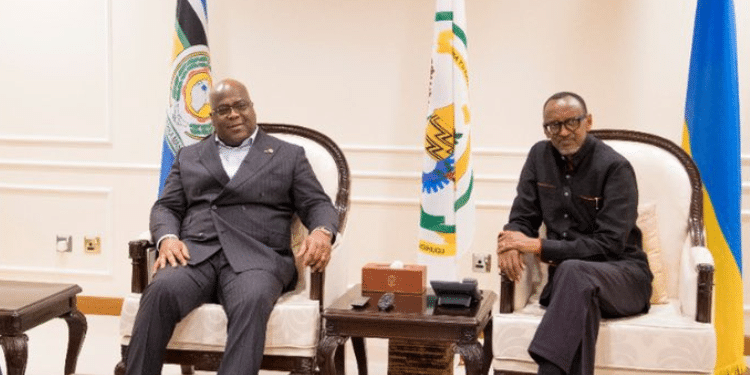

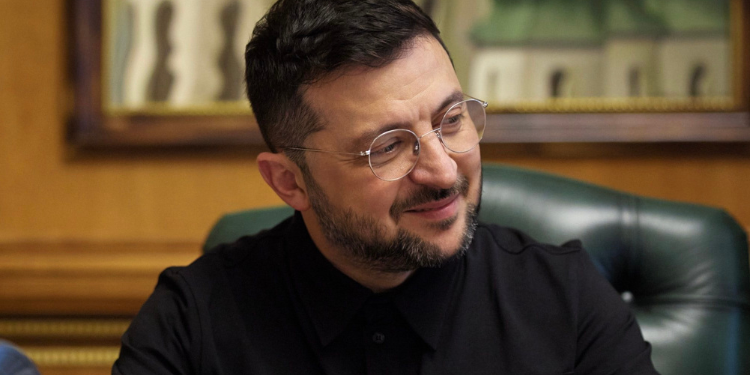
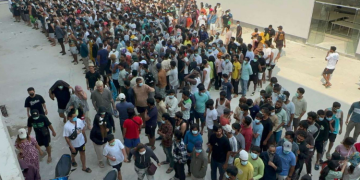



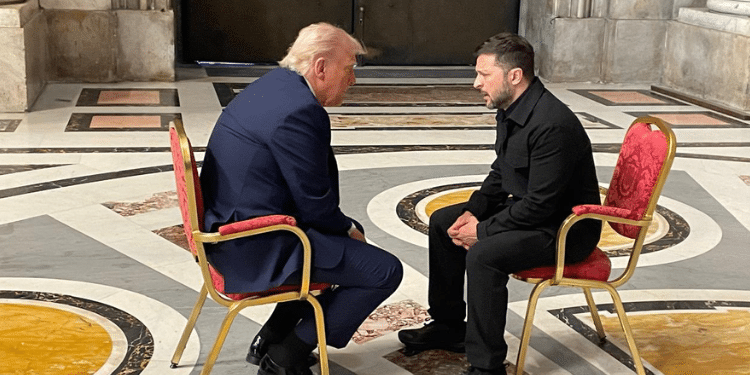
![14 Companies To Be Granted New Mining Licenses By Govt [Full List] Cs Joho Lists 14 Firms Seeking Mining Licences, Kenyans Given 42 Days To Respond]( https://thekenyatimescdn-ese7d3e7ghdnbfa9.z01.azurefd.net/prodimages/uploads/2025/11/Mining-CS-Hassan-Joho-touring-the-Voi-Gemstone-in-Taita-Taveta-County-on-Friday-August-16-2024.-PHOTOJoho-360x180.png)
